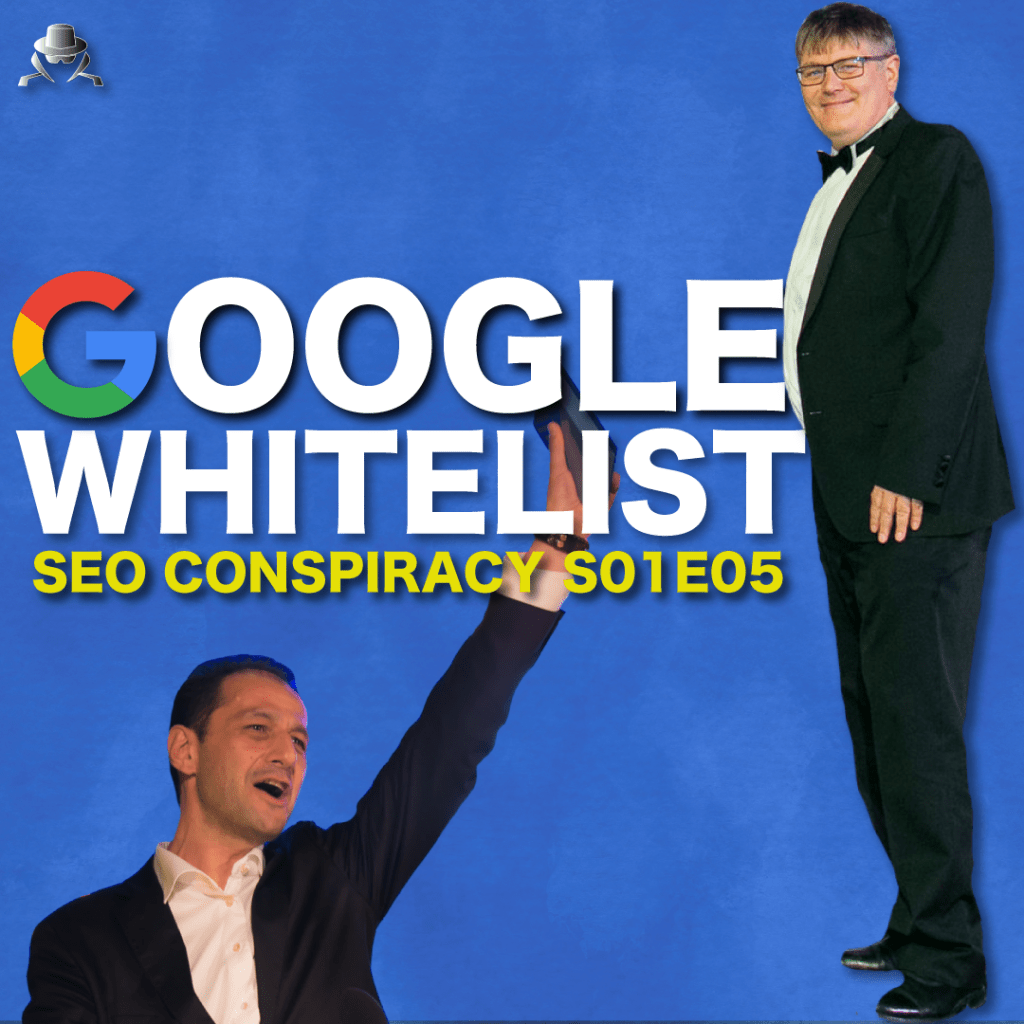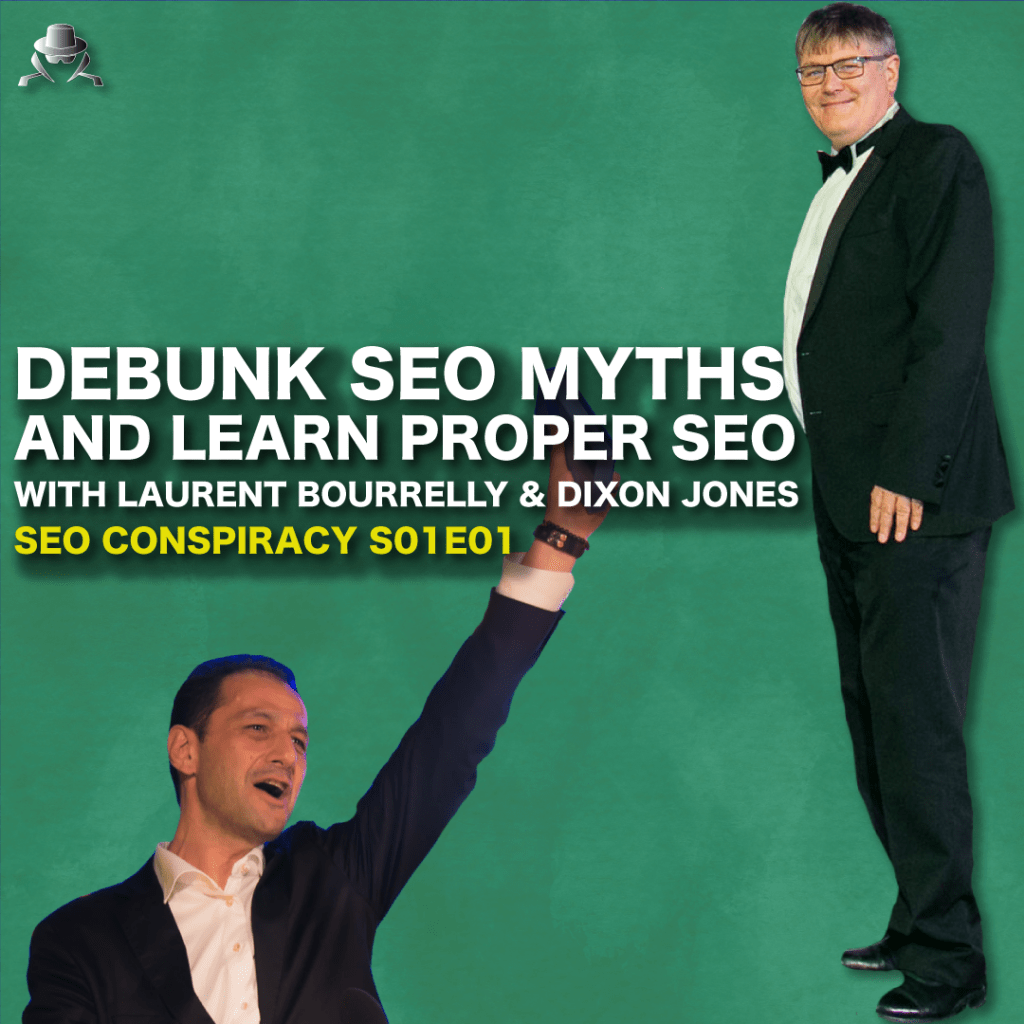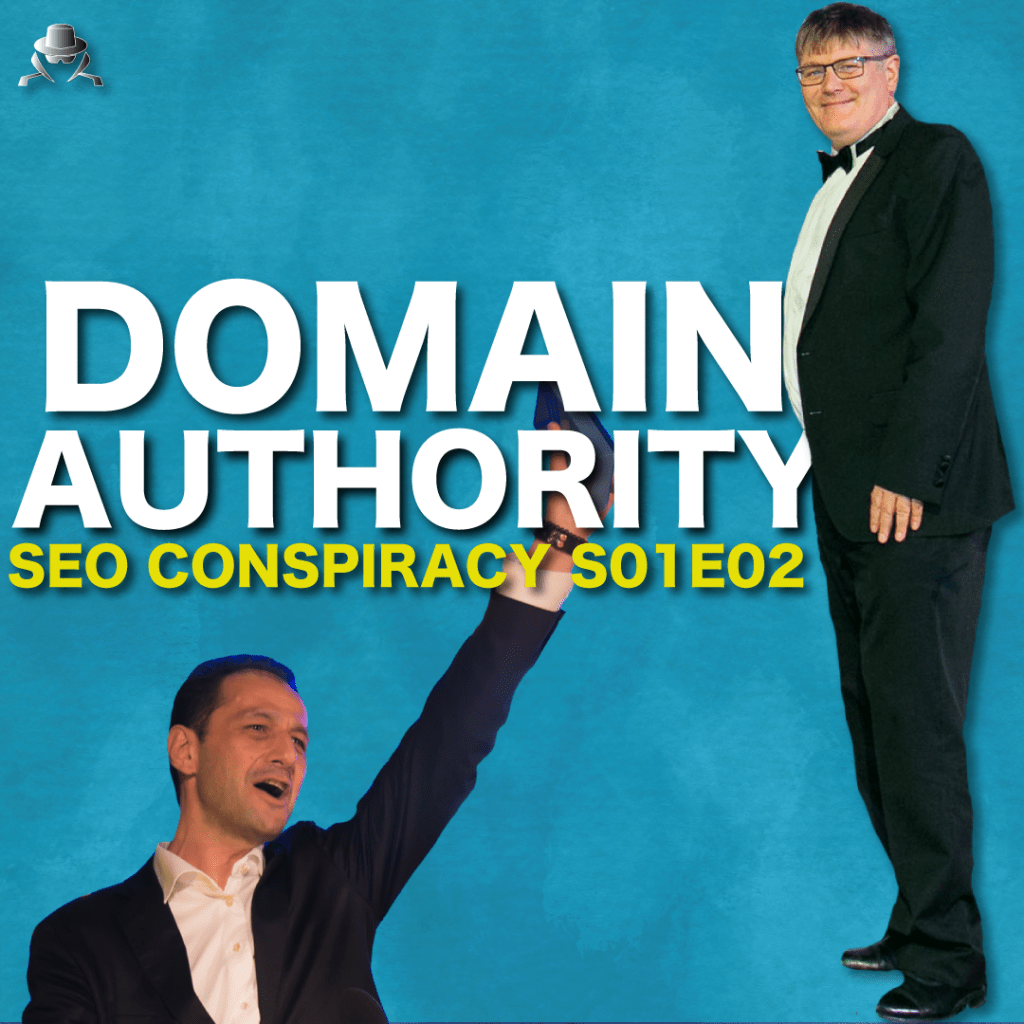Does Google have a whitelist of trusted websites? Do some websites get preferential treatment?
SEO CONSPIRACY S01E05
Supposedly, the search engine would validate manually a list of trusted websites.
Let’s try to figure this out in this video.
Watch the video:
What Is a Google Whitelist?
The idea of a Google whitelist suggests that certain websites, due to their trustworthiness or authority, receive special consideration in Google’s algorithms. These sites might:
- Be used as benchmarks or “seed sets” for determining quality and relevance.
- Enjoy algorithmic immunity or preference due to their perceived credibility.
But does this whitelist exist, and how does it impact SEO?
The Case for a Whitelist
1. Trusted Seed Sets Are Necessary
Google’s algorithms need starting points for evaluating the web. A trusted seed set provides high-quality examples to train the system. Historically:
- DMOZ (Open Directory Project): Used as a seed set in early algorithms, DMOZ helped establish the relationships between topics and websites.
- Wikipedia: Today, Wikipedia serves as a critical source for Google’s Knowledge Graph. Its structure and interlinking help define entities and relationships.
2. Authority Links Drive Trust
Websites like BBC, The New York Times, and Harvard.edu often act as hubs of authority. Links from these domains pass significant trust signals to other sites, influencing rankings.
3. Machine Learning Requires Training Data
Google’s machine learning models rely on clean, high-quality datasets to function effectively. Trusted websites like Wikipedia likely form the backbone of these datasets.
The Risks of a Whitelist
While a whitelist can improve quality, it also creates challenges:
- Bias Amplification: If a biased or incomplete dataset is used, Google’s algorithms will replicate and amplify those biases.
- Power Centralization: A small number of websites, like Wikipedia, gain disproportionate influence over search results.
- Bubble Effects: Users are funneled into information silos, reducing exposure to diverse viewpoints.
The Urban Legend: Wikipedia’s Power
There’s a common belief that Wikipedia is “whitelisted” by Google. While not officially confirmed, evidence suggests:
- Wikipedia content is favored due to its structured format, multilingual support, and reliability.
- Wikipedia links play a major role in entity recognition within the Knowledge Graph.
Dixon shares:
“At InLinks, we use Wikipedia as a definition source for entities. If there’s an article in Wikipedia, we treat it as an entity because of its consistency and multilingual nature.”
SEO Implications of a Whitelist
1. Leveraging Trusted Sources
Getting mentions or backlinks from trusted domains can significantly boost your website’s credibility. Focus on:
- Earning links from high-authority websites.
- Aligning your content with trusted topics and sources.
2. Avoiding Misuse
While mimicking trusted sources might yield short-term gains, Google’s algorithms are sophisticated enough to detect manipulation. For example:
- Shady practices like schema abuse can backfire.
- Surrounding a website with unrelated or deceptive links may lead to penalties.
3. Focus on Relevance and Context
If your site isn’t part of a “trusted set,” don’t despair. Building relevance within your niche, regardless of your size, can help you carve out authority.
Google’s Responsibility: Balancing Bias
Search engines must actively counteract biases in their training data. Dixon highlights:
“The power of machine learning can amplify small biases into significant issues. For example, a biased training dataset might result in skewed search results or entity recognition.”
Does a Whitelist Truly Exist?
While there’s no official “Google whitelist,” the concept of trusted seed sets is real. Websites like Wikipedia or the BBC act as benchmarks, influencing search results. However, these trusted sources also bring risks of bias and centralization.
Key Takeaways
- Yes, Trusted Sets Exist: They’re necessary for training machine learning algorithms and establishing credibility benchmarks.
- Authority Matters: Focus on building relationships with credible sources in your niche.
- Bias Awareness: Be mindful of how centralization impacts information diversity.
Listen to the podcast:



